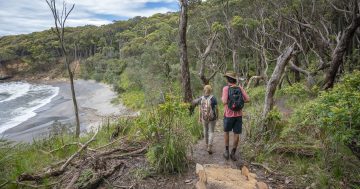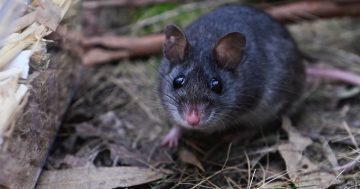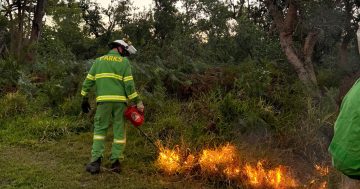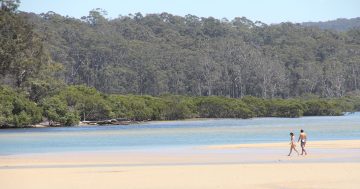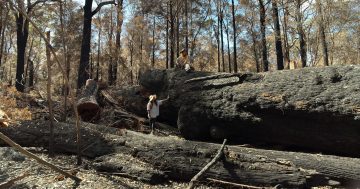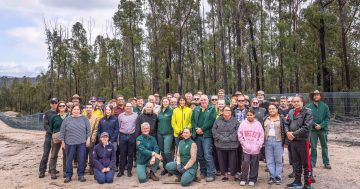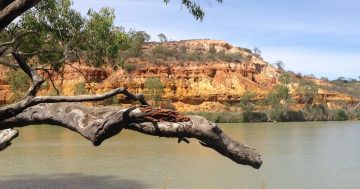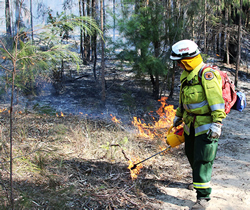 The National Parks and Wildlife Service (NPWS) has kicked-off its autumn program of hazard reduction burns across national parks in the State’s south.
The National Parks and Wildlife Service (NPWS) has kicked-off its autumn program of hazard reduction burns across national parks in the State’s south.
Announcing the planned burns, NPWS said that weather permitting, burns were planned for Kosciusko National Park, Mimosa Rocks National Park and Eurobodalla National Park this week.
The Service said its Southern Ranges Branch would conduct the majority of its burns in Kosciusko National Park but hazard reduction burns were also planned in Woomargama and Brindabella national parks.
It said the first burn which was north-east of Jindabyne in Kosciuszko National Park, was expected to impact on 3,535 hectares of bushland to reduce sub-alpine fuel loads adjacent to the main ridge lines.
“This will provide protection to the Alpine Ash and Snow Gum communities, as well as significant infrastructure,” NPWS said.
“Tracks and trails in the area will be closed to the public for the duration of the burn and will reopen once the area is assessed as safe,” it said.
“Smoke may be visible from Jindabyne, Perisher Valley, Guthega and Charlotte Pass.”
NPWS said a planned burn Kings Ridge West in Mimosa Rocks National Park would treat approximately 92 hectares of bushland and reduce the fuel load in the park, improving protection for properties in the Tathra and Bega areas.
It said another burn in the South Tuross Beach area, west of Beachcomber Holiday Park in Eurobodalla National Park, would treat 25 hectares of bushland to protect properties in the Tuross and Potato Point area.
“The burn will also help to conserve the environmental values of the park by regenerating and increasing plant species diversity and providing habitat for native animals,” the Service said.
“Smoke may be visible in the National Park and from surrounding areas, including Tuross Lake, Tuross village and Potato Point.”
NPWS advised motorists in the areas to use caution as smoke may be present on roads adjacent to the burns.
“People vulnerable to smoke are encouraged to remain indoors and keep their doors and windows closed to reduce exposure,” it said.
“Hazard reduction burns are essential to reduce bushfire fuel loads to help protect parks, neighbours and communities from future bushfires.”


